ISAPP is your source for science-based resources, created and reviewed by experts in the field.
Looking for information you can trust on probiotics, prebiotics, synbiotics, postbiotics, fermented foods and more? Check out ISAPP’s resources for a wealth of accessible, reliable information specific to the field, and search according to the format or topic you need.
1-32 of 407 results
-
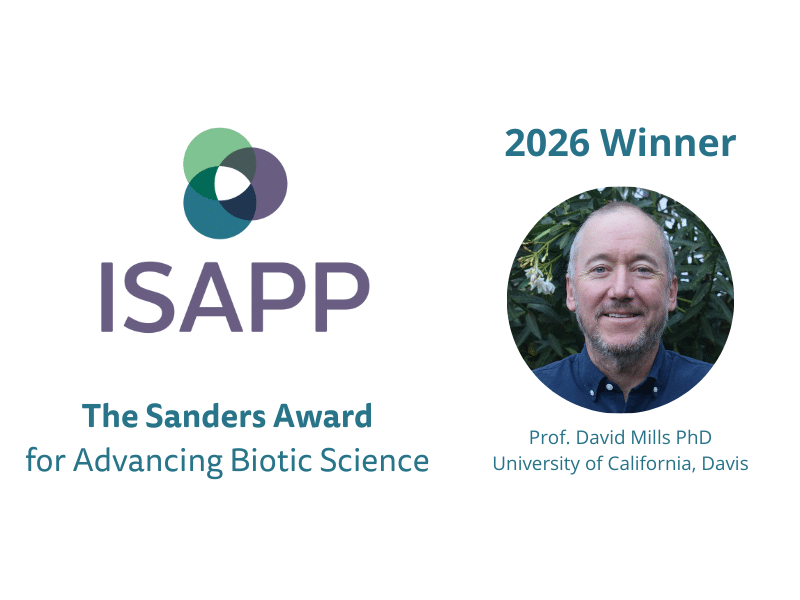
2026 Sanders Award for Advancing Biotic Science Given to Prof. David Mills of UC Davis
The ISAPP board of directors is pleased to announce the selection of the winner of the 2026 Sanders Award for Advancing Biotic Science: Prof. David Mills PhD, a Distinguished Professor and researcher at University of California, Davis, USA. -

What happens when you eat fiber, and why you should eat more
In recent years much research has been done determining that the products of a healthy gut microbiota also have health benefits way beyond the gut. -

Trials on probiotics and prebiotics in infant formula, with Prof. Yvan Vandenplas MD PhD
This episode features Prof. Yvan Vandenplas MD PhD from the University Hospital Brussels and Vrije Universiteit Brussel (Belgium), speaking about the science on probiotics and prebiotics in infant formula. Over the past 20 years in this field, awareness of the importance of the gastrointestinal microbiota has grown, and biotics have been employed to try to… -
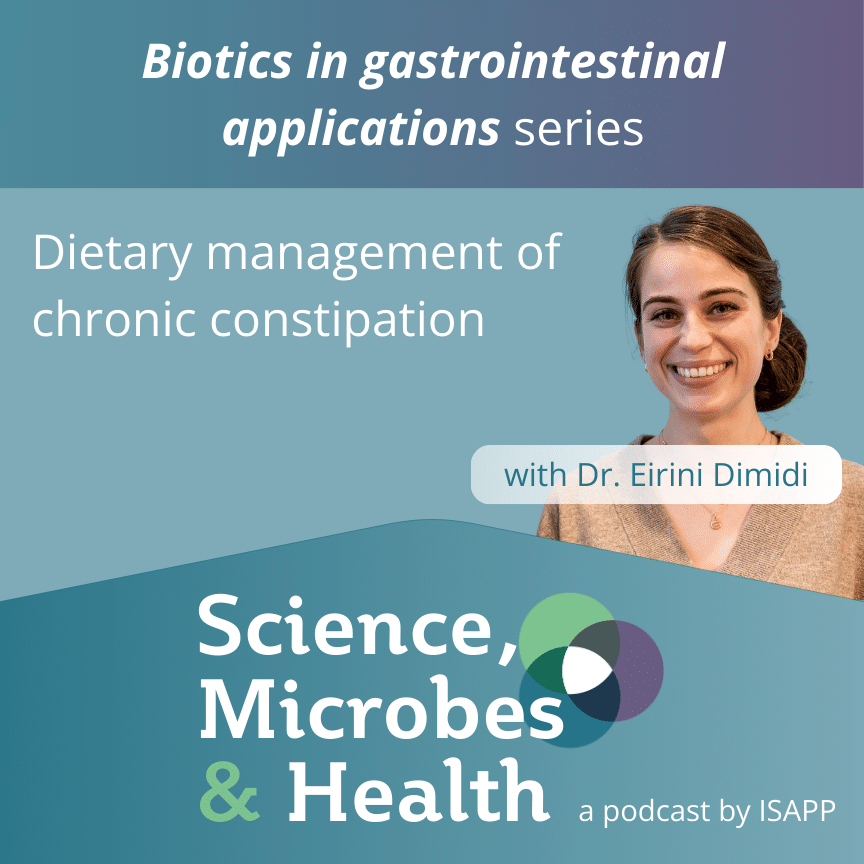
Dietary management of chronic constipation, with Dr. Eirini Dimidi PhD RD
This episode features Dr. Eirini Dimidi PhD RD from King’s College London (UK), speaking about the recently published British Dietetic Association’s guidelines for dietary management of chronic constipation. Constipation can be a major concern for patients, but evidence around some of the most common dietary recommendations for addressing it has remained unclear. After a thorough… -
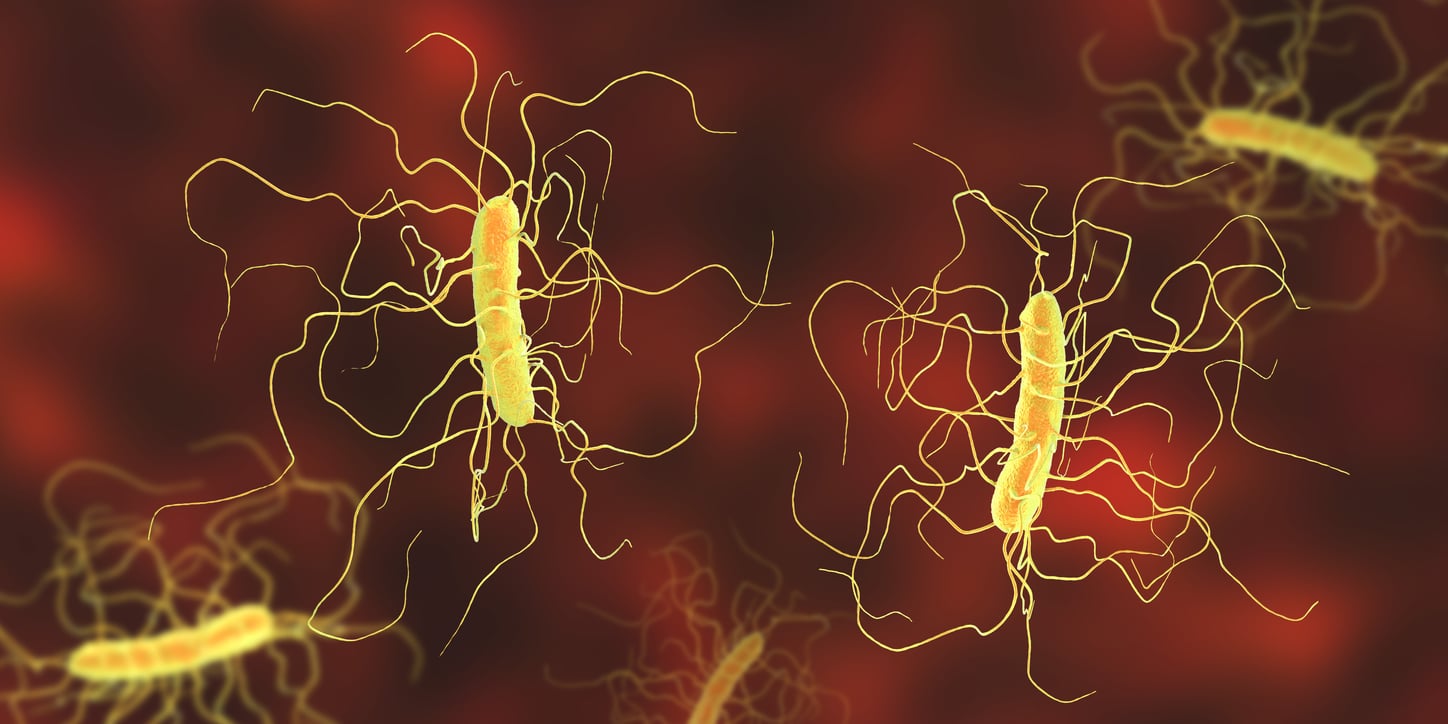
Emerging clinical insights into C. difficile infection from gut microbiota research
In recent years the clinical status and spectrum of C. difficile infection have shifted. The prevalence of this infection has risen sharply. Along with changes that have occurred in the clinical patterns of this disorder, research on the gut microbiome has provided insights into the important factors that contribute to the infection. -
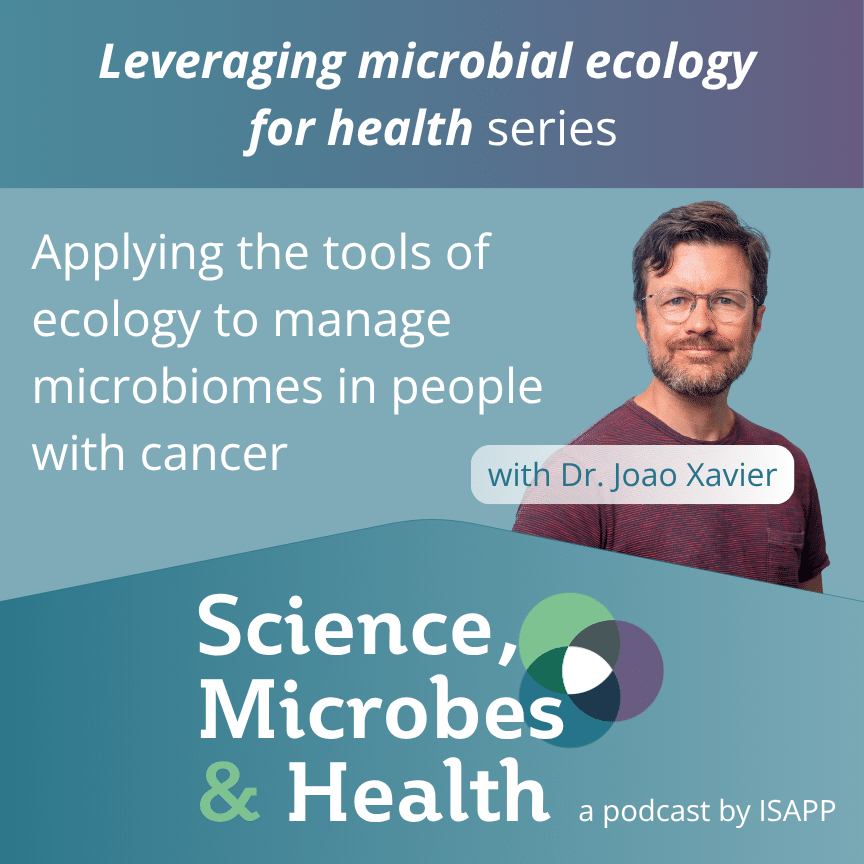
Applying the tools of ecology to manage microbiomes in people with cancer, with Dr. Joao Xavier PhD
This episode features Dr. Joao Xavier PhD, a systems biologist from Memorial Sloan Kettering Cancer Center, speaking about the application of ecological principles and tools to individuals being treated for cancer. His lab combines multi-omics profiling with ecological models to generate insights on how microbes interact with each other, for application to clinical risk prediction… -
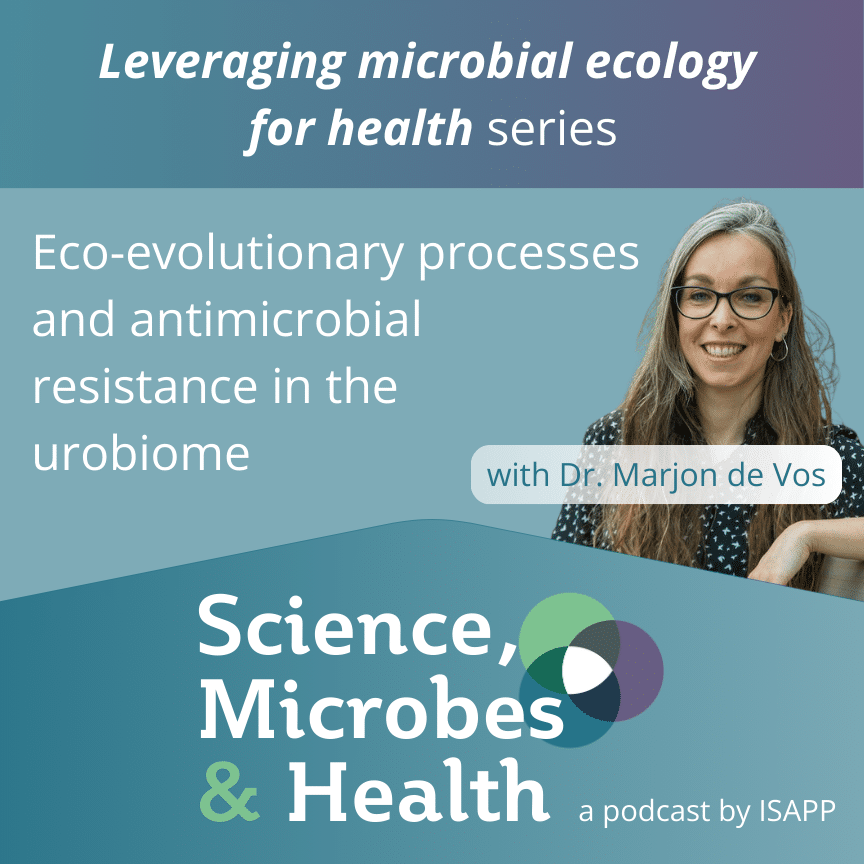
Eco-evolutionary processes and antimicrobial resistance in the urobiome, with Dr. Marjon de Vos PhD
This episode features Dr. Marjon de Vos PhD from the University of Groningen (the Netherlands) speaking about microbial ecology and evolution, and in particular how these affect antimicrobial resistance. She studies the urobiome as well as the factors that contribute to urinary tract infections and successful treatment of these infections with antibiotics. Her lab combines… -

Insights into healthy aging: A story as told by gut microbiome (and other) metabolites
Metabolites, including those derived from the gut microbiome, offer a window into the complex biology of aging. They reflect not just how we live, but how well our bodies are adapting to the passage of time. -
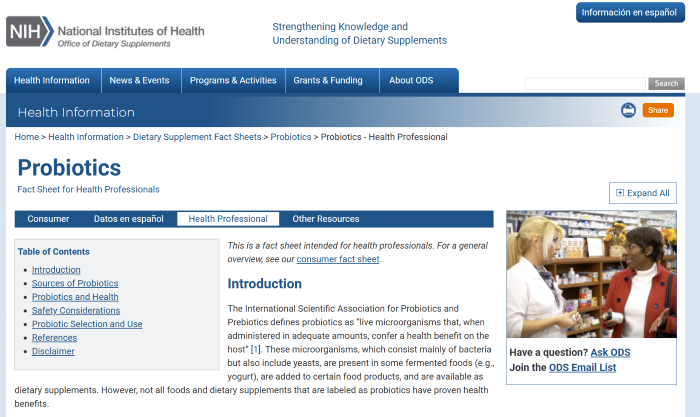
Probiotics: NIH Fact Sheet for Health Professionals
This fact sheet from the US National Institutes of Health (NIH) features an overview of probiotics, with scientifically supported health indications as well as safety considerations. -
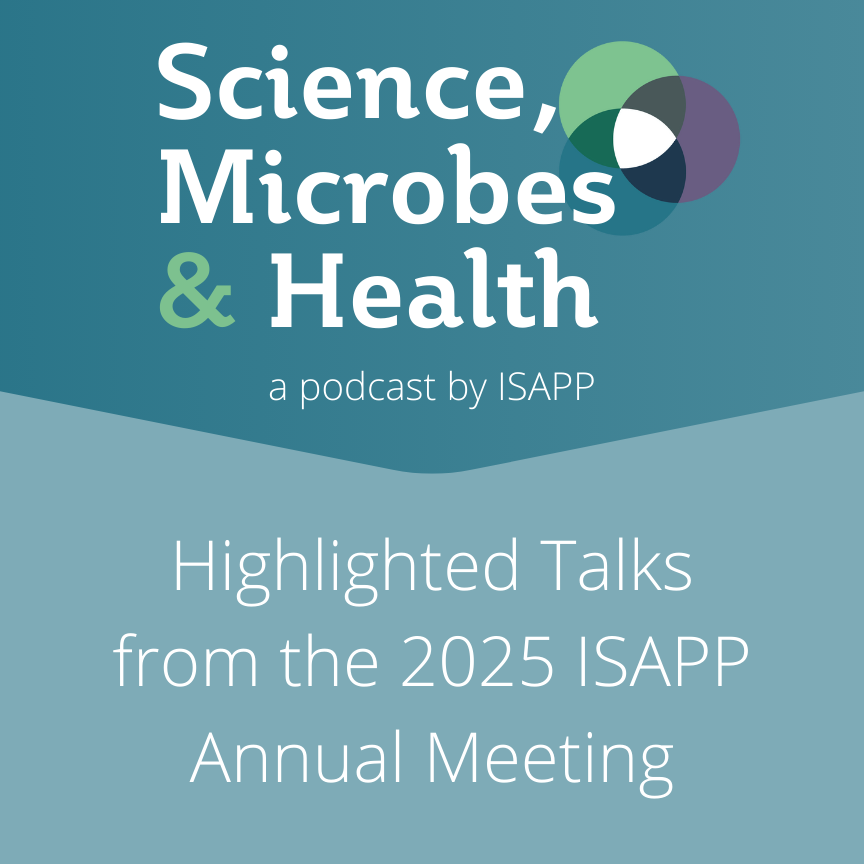
Highlighted Talks from the 2025 ISAPP Annual Meeting
In this special episode, ISAPP’s Executive Director Marla Cunningham highlights ISAPP’s annual meeting, held in Banff, Canada in July 2025. Four speakers join the podcast to describe their talks from the meeting: Episode abbreviations and links: About our speakers: Carolina Tropini, University of British Columbia, Canada Dr. Carolina Tropini is an Assistant Professor at the… -

ISAPP welcomes two new scientists to its board of directors
The ISAPP board of directors is pleased to welcome two prominent scientists and frequent ISAPP collaborators to its ranks: Prof…. -
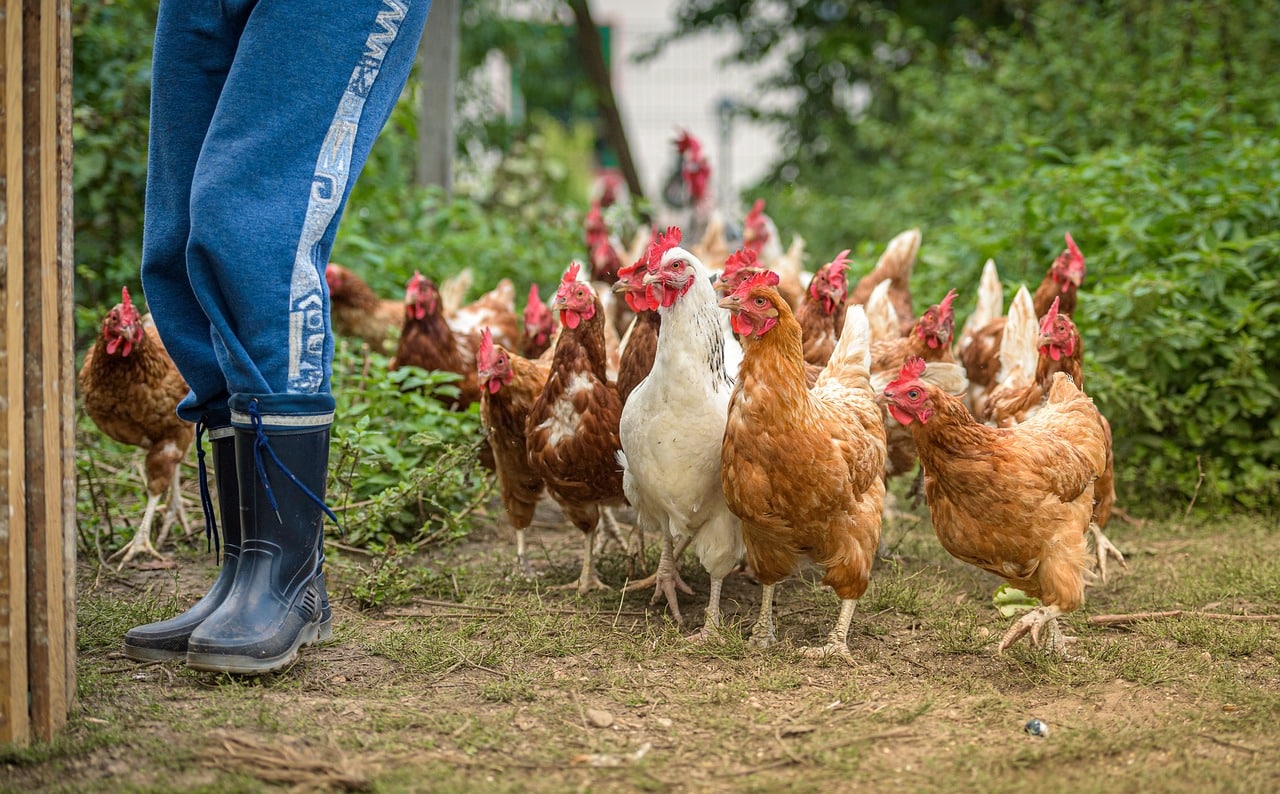
Five points to know about biotics for animals, from an ISAPP-led paper
A group of animal health experts, comprising academic and industry member scientists convening at the 2023 ISAPP annual meeting, reviewed the evidence on biotics for animals, outlining what’s known to date and the likely future directions in this scientific field. -
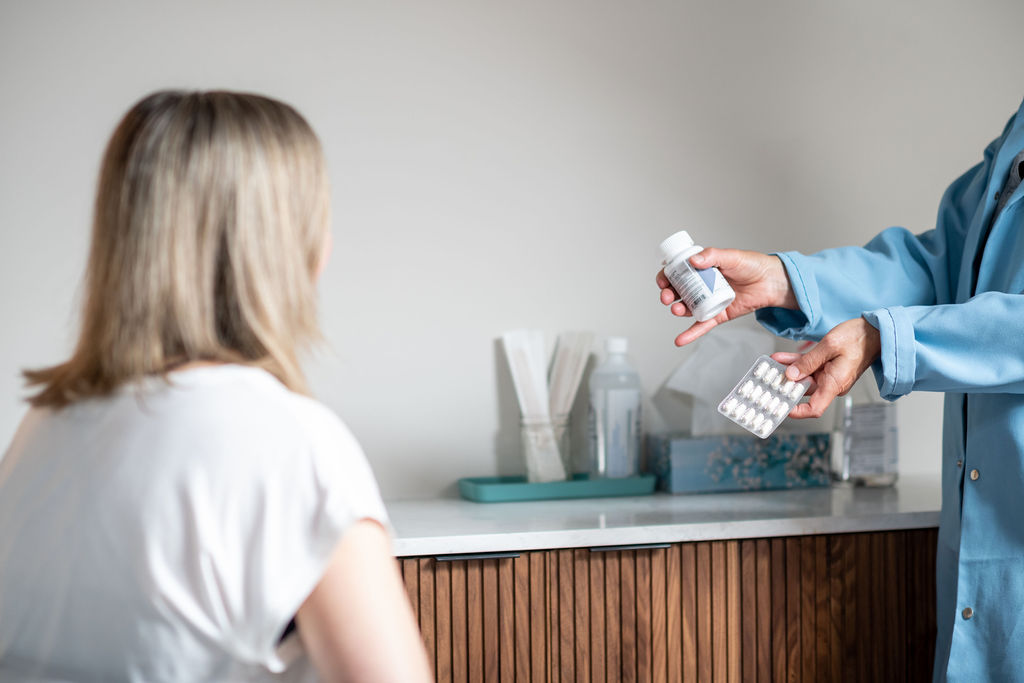
Exploring resources to inform probiotic recommendations: New UK Probiotic Guide Released
Well-informed healthcare professionals know the importance of recommending evidence-based probiotic products to their patients to achieve specific health benefits. But… -

New paper summarizes current findings from global research on the vaginal microbiota
Knowledge about the vaginal microbiota is important for women’s health worldwide, but the majority of the research to date has… -
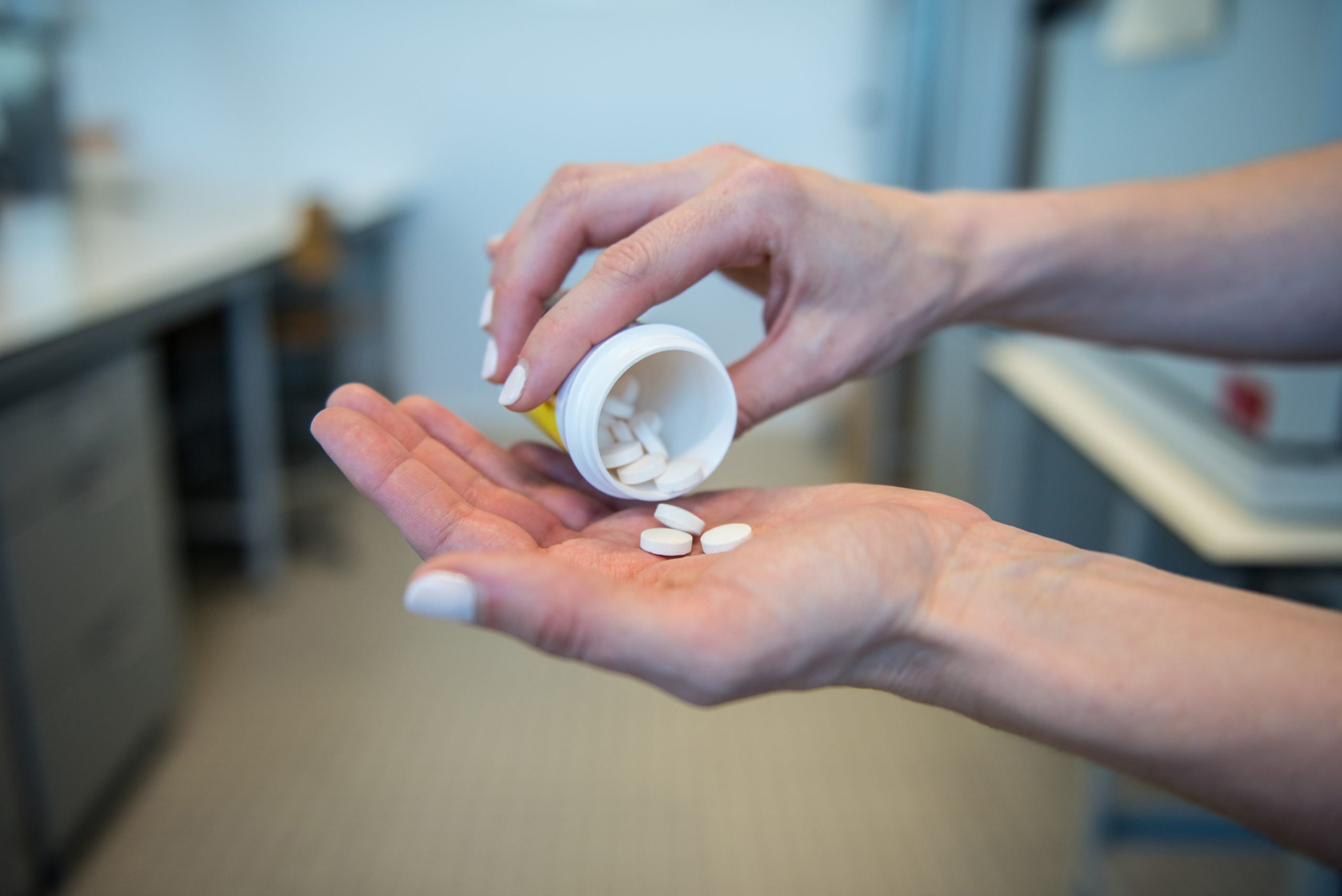
How to respond to the question “Should I take a probiotic?”
With contributions from Prof. Daniel Merenstein MD A Washington Post article published March 11, 2025 by a gastroenterologist addressed a… -
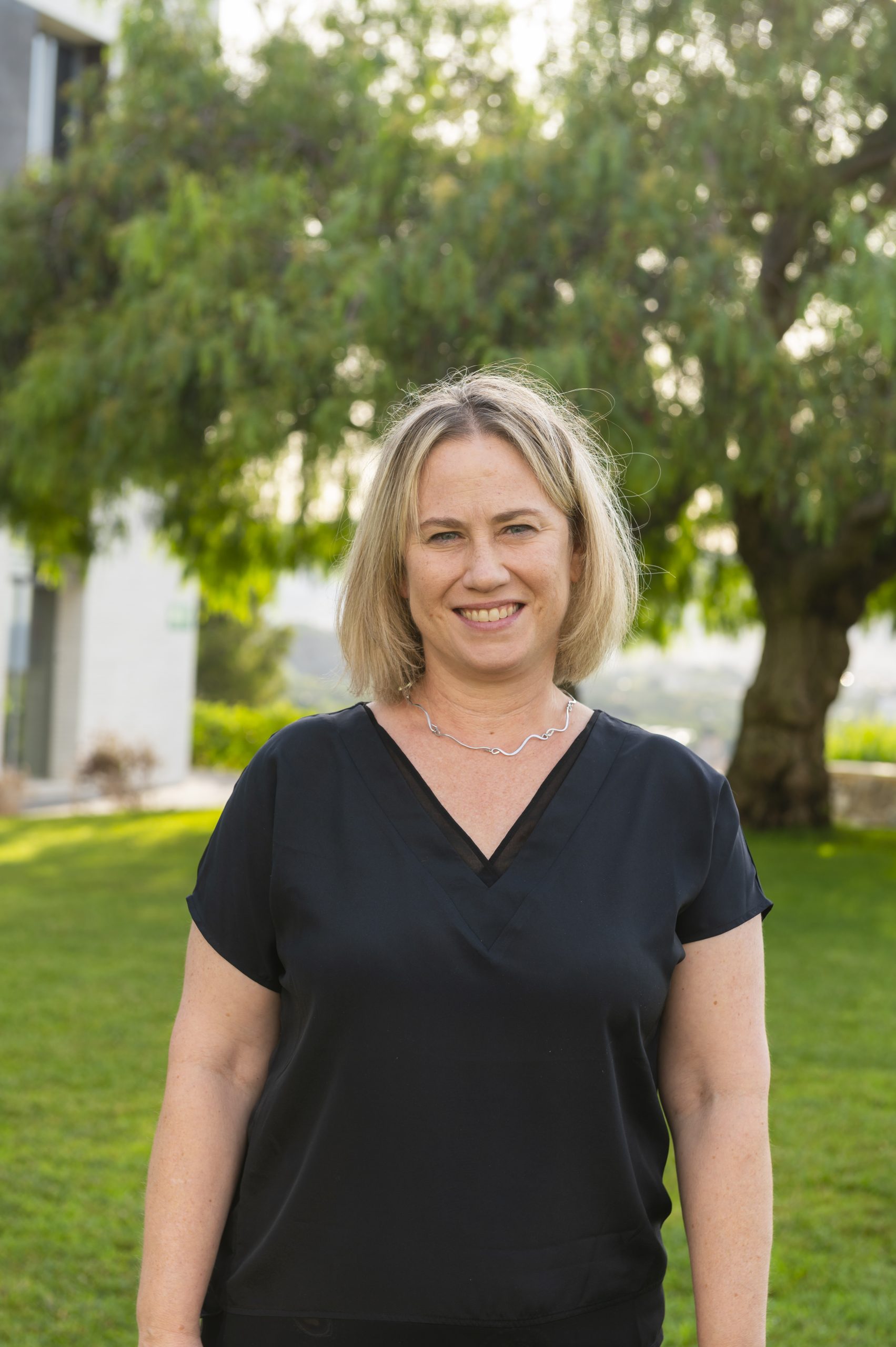
ISAPP’s President Elected to the American Academy of Microbiology
The President of the ISAPP Board of Directors, Prof. Maria Marco PhD, was among the elite group of scientists elected… -
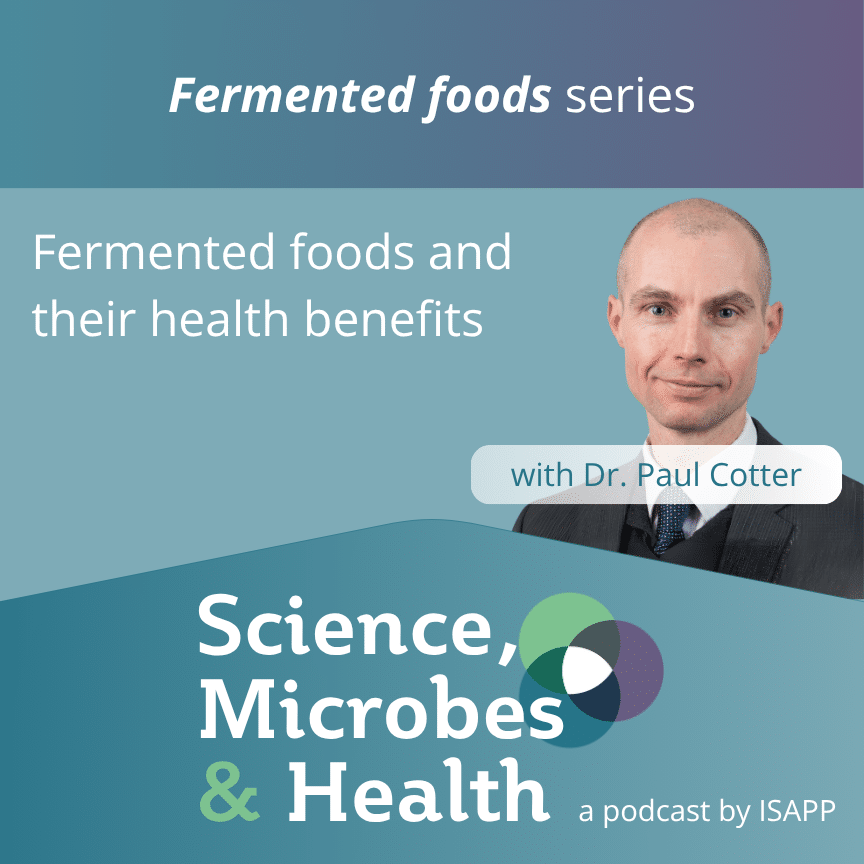
Fermented foods and their health benefits, with Dr. Paul Cotter PhD
This episode features Dr. Paul Cotter PhD of TEAGASC in Ireland, talking about the creation of fermented foods and how they can lead to health benefits. A huge array of foods can be fermented, and historically fermentation was used to extend the shelf life of a food that people had an abundance of. Dr. Cotter’s… -
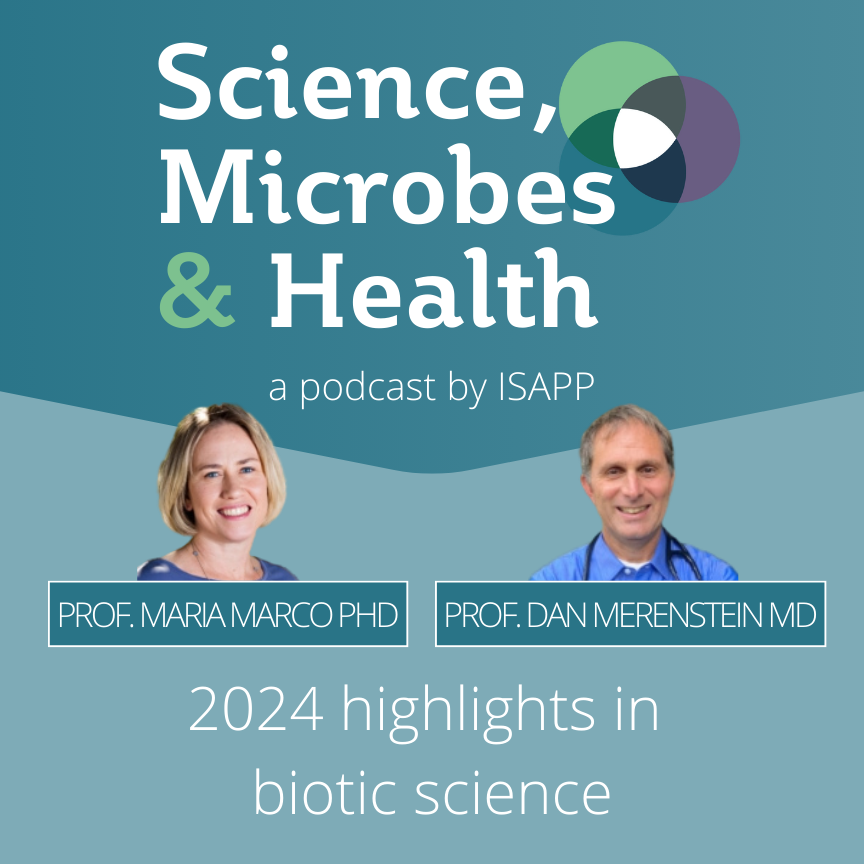
2024 highlights in biotic science, with ISAPP’s current and past Presidents
In this episode, ISAPP’s current President Prof. Maria Marco PhD and past President Prof. Dan Merenstein join the podcast hosts for a conversation about highlights in biotic science from the past year. Prof. Marco points out a paper published in Nature Microbiology, the result of an ISAPP discussion group exploring whether diet may be a… -
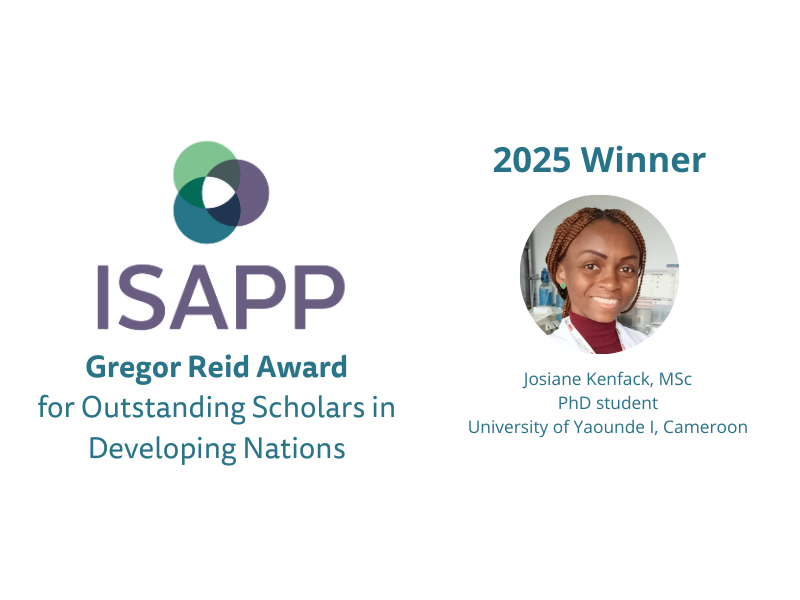
Researcher in Cameroon Dedicated to Women’s Health Receives 2025 Gregor Reid Award for Outstanding Scholars in Developing Nations
It is with great pleasure that the ISAPP board of directors announces this year’s winner of the Gregor Reid Award… -
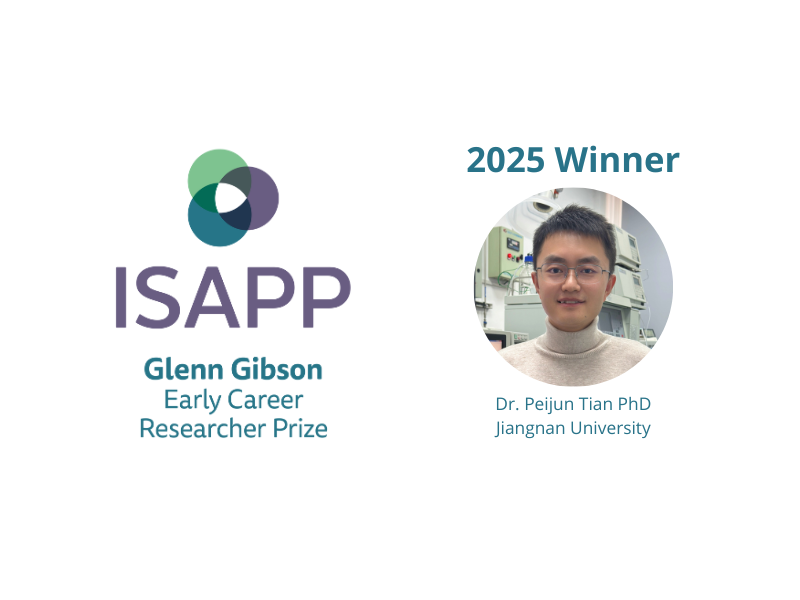
2025 Glenn Gibson Early Career Researcher Award Goes to Researcher in China Focused on Probiotics for Brain Health
ISAPP is pleased to announce that the recipient of this year’s Glenn Gibson Early Career Researcher Award is Dr. Peijun… -
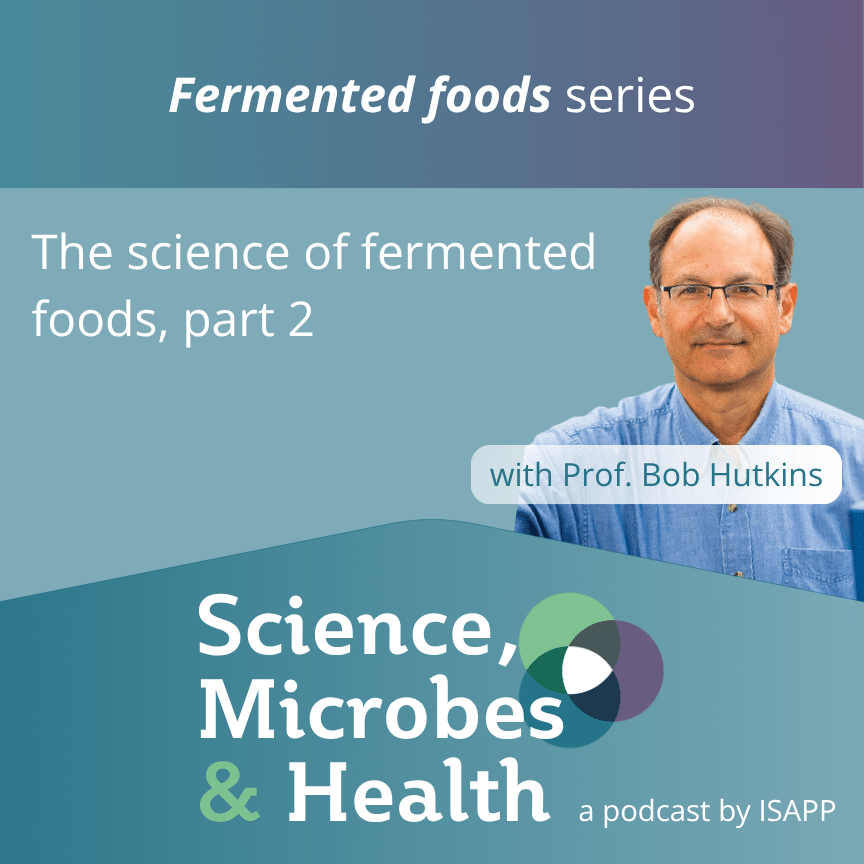
Archive Highlight: The science of fermented foods, part 2, with Prof. Bob Hutkins
Continuing in the series on the latest fermented food science, we are highlighting Episode 3 from our archives. The hosts continue their discussion of fermented foods with Prof. Bob Hutkins, University of Nebraska – Lincoln. Prof. Hutkins elaborates on how the microbes associated with fermented foods may confer health benefits, as well as how food… -

Archive Highlight: The science of fermented foods, part 1, with Prof. Bob Hutkins
Welcome to the first episode of our new series on the latest fermented food science. We are highlighting Episode 1 from our archives with guest Prof. Bob Hutkins, University of Nebraska – Lincoln. Prof. Hutkins wrote a popular textbook on fermented foods and has had a 40-year career in fermentation science. He shares why he… -
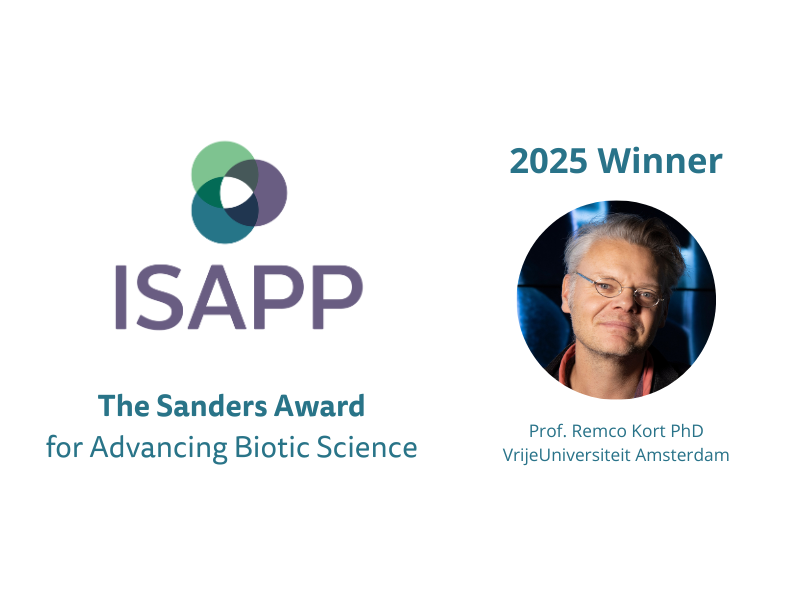
Dutch Microbiologist Passionate About Biotics Applications & Public Outreach Receives ISAPP’s 2025 Sanders Award for Advancing Biotic Science
The ISAPP board of directors is thrilled to announce the winner of the 2nd Sanders Award for Advancing Biotic Science:… -
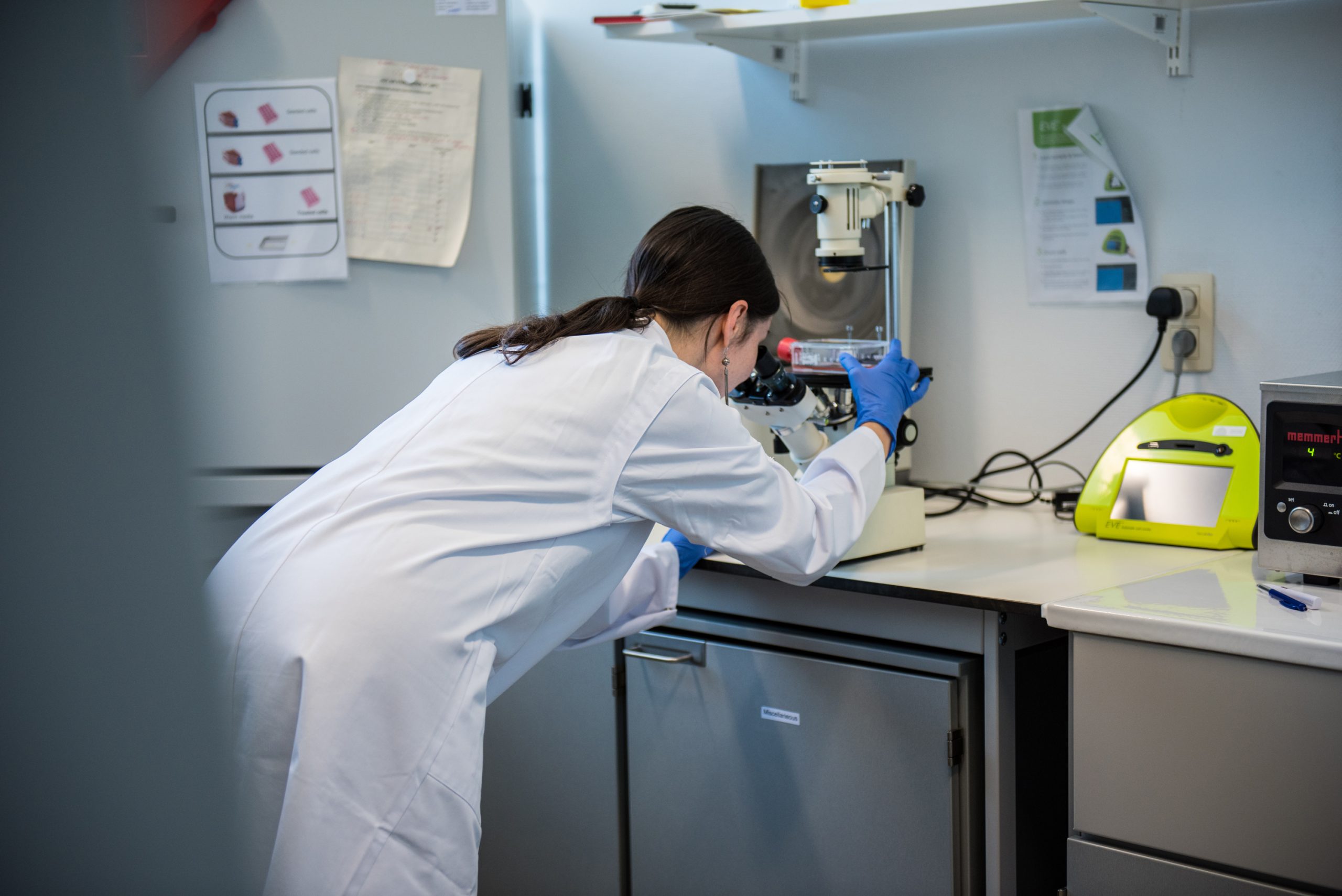
2024 in Review: Important Advances in Biotic and Microbiome Science
By the ISAPP Editorial Team, with contributions from the ISAPP Board of Directors 2024 was another banner year in the… -
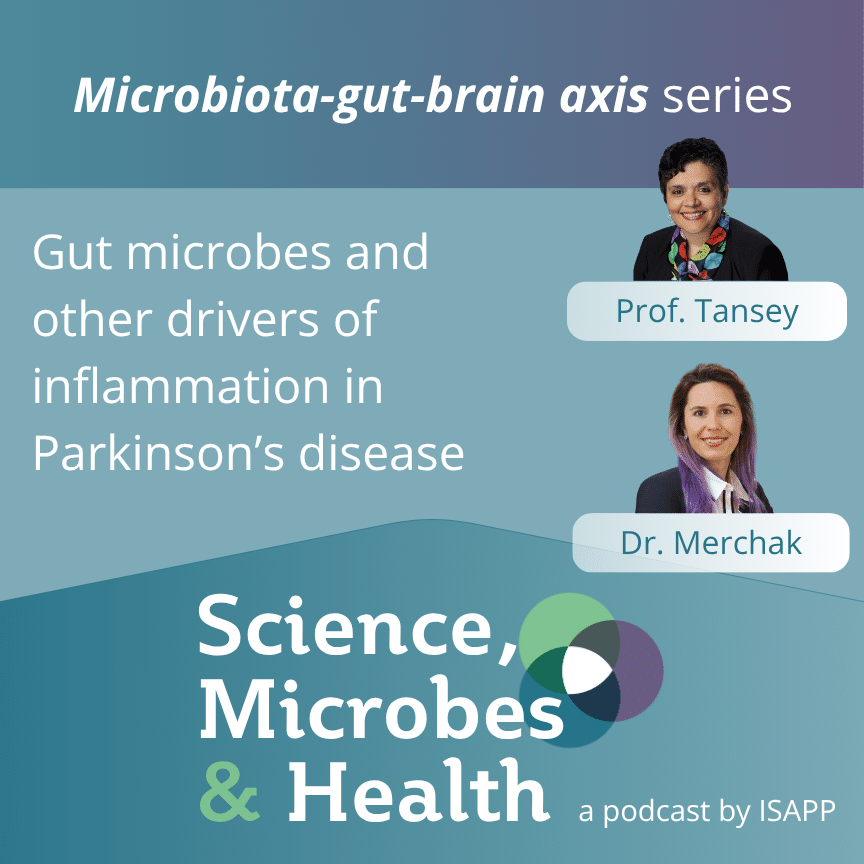
Gut microbes and other drivers of inflammation in Parkinson’s disease, with Prof. Malú Tansey PhD and Dr. Andrea Merchak PhD
This episode features Prof. Malú Tansey PhD and colleague Dr. Andrea Merchak PhD from the University of Florida, USA, discussing neuroinflammation and the role of gut microbes in Parkinson’s disease (PD) and other neurodegenerative diseases. “Inflammaging” tends to occur as aging progresses, but the links that have been made between the gut and the brain… -

Antibiotic-perturbed microbiota and the role of probiotics
In 2023, ISAPP convened an expert panel comprising academic experts in probiotics, clinical trials, microbiome science, microbiology and statistical methods to discuss what we know about the ability of probiotics to restore an antibiotic-perturbed microbiota. The topic was suggested by a member of the Industry Advisory Committee to clarify the state of research and highlight… -
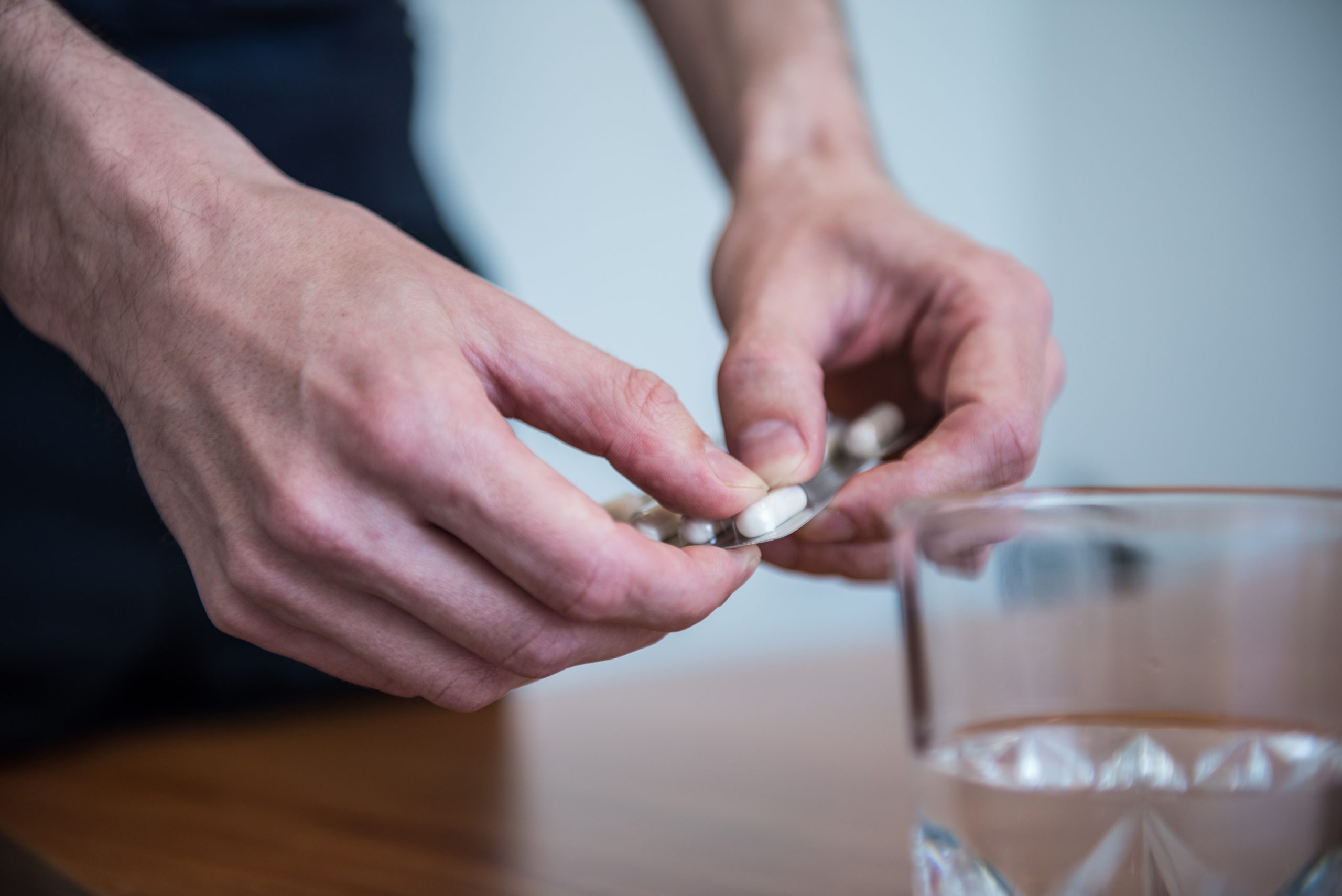
ISAPP panel concludes that more evidence is needed to determine whether probiotics help restore an antibiotic-disrupted microbiota
By Dr. Mary Ellen Sanders PhD, Mary Ellen Sanders LLC, Colorado, USA, Dr. Hania Szajewska MD, Medical University of Warsaw,… -
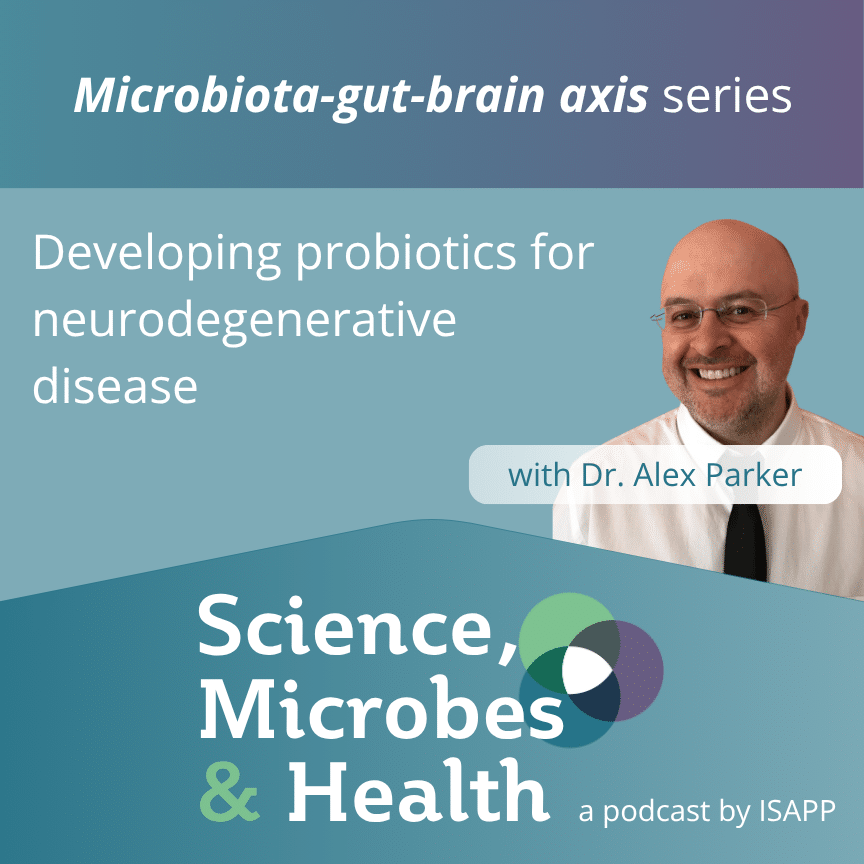
Developing probiotics for neurodegenerative disease, with Dr. Alex Parker PhD
This episode features Dr. Alex Parker PhD from Université de Montréal talking about models for studying neurodegenerative diseases. His lab makes use of the worm C. elegans, a common model organism for studying disease and aging as it has many genes in common with humans. Focusing on amyotrophic lateral sclerosis (ALS), Dr. Parker makes models… -
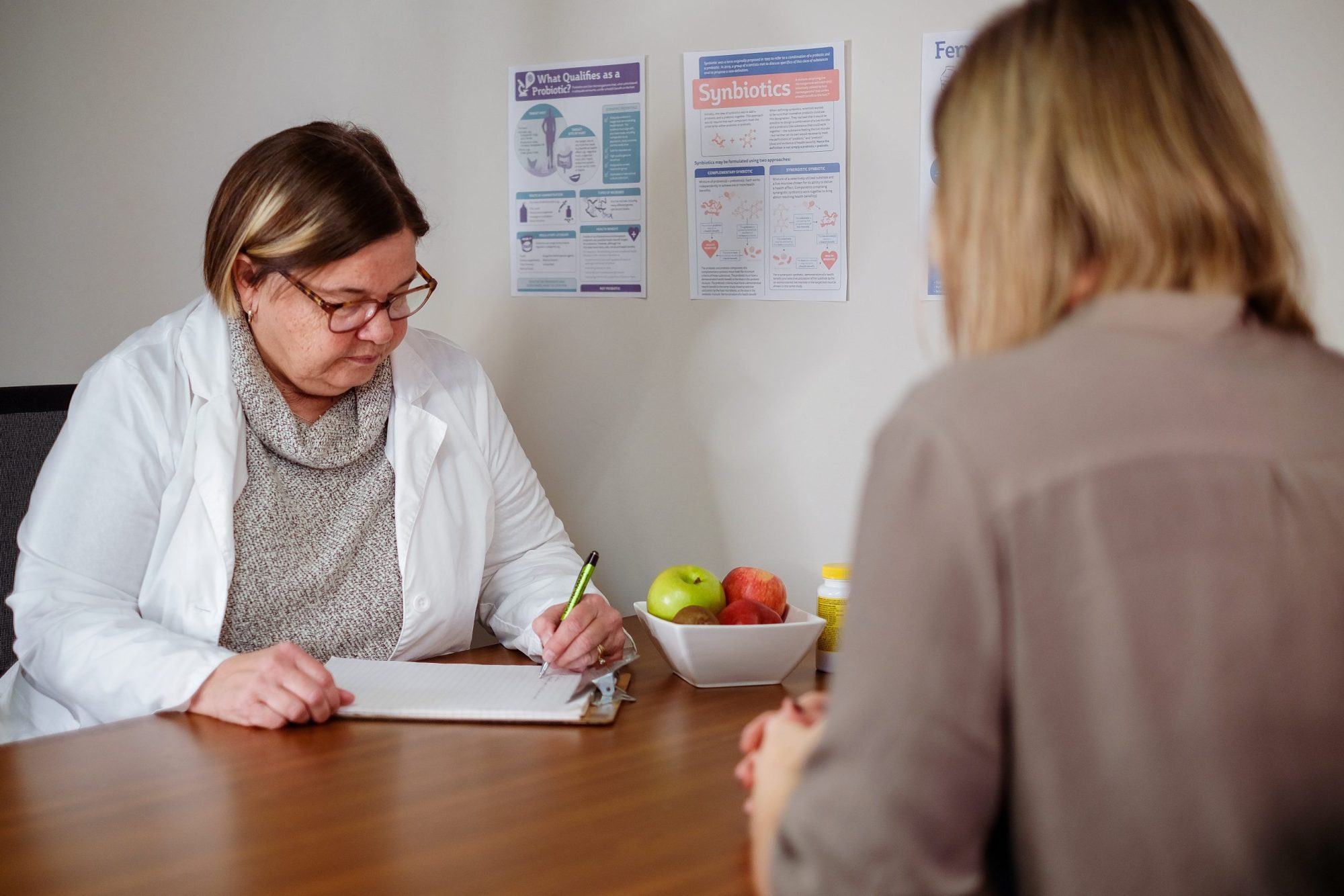
Planning a Biotics Study? New Publication Recommends Adding Diet as a Variable
Both dietary patterns and specific foods are known to affect the digestive tract environment, either directly or indirectly (for example, by shaping the gut microbiome), and are therefore of interest as potential factors in the response of an individual to a biotic intervention. -

ISAPP Board Member Prof. Dan Merenstein MD Elected to National Academy of Medicine
A longtime ISAPP board member, Prof. Dan Merenstein MD of Georgetown University School of Medicine, has received a prestigious honor:… -
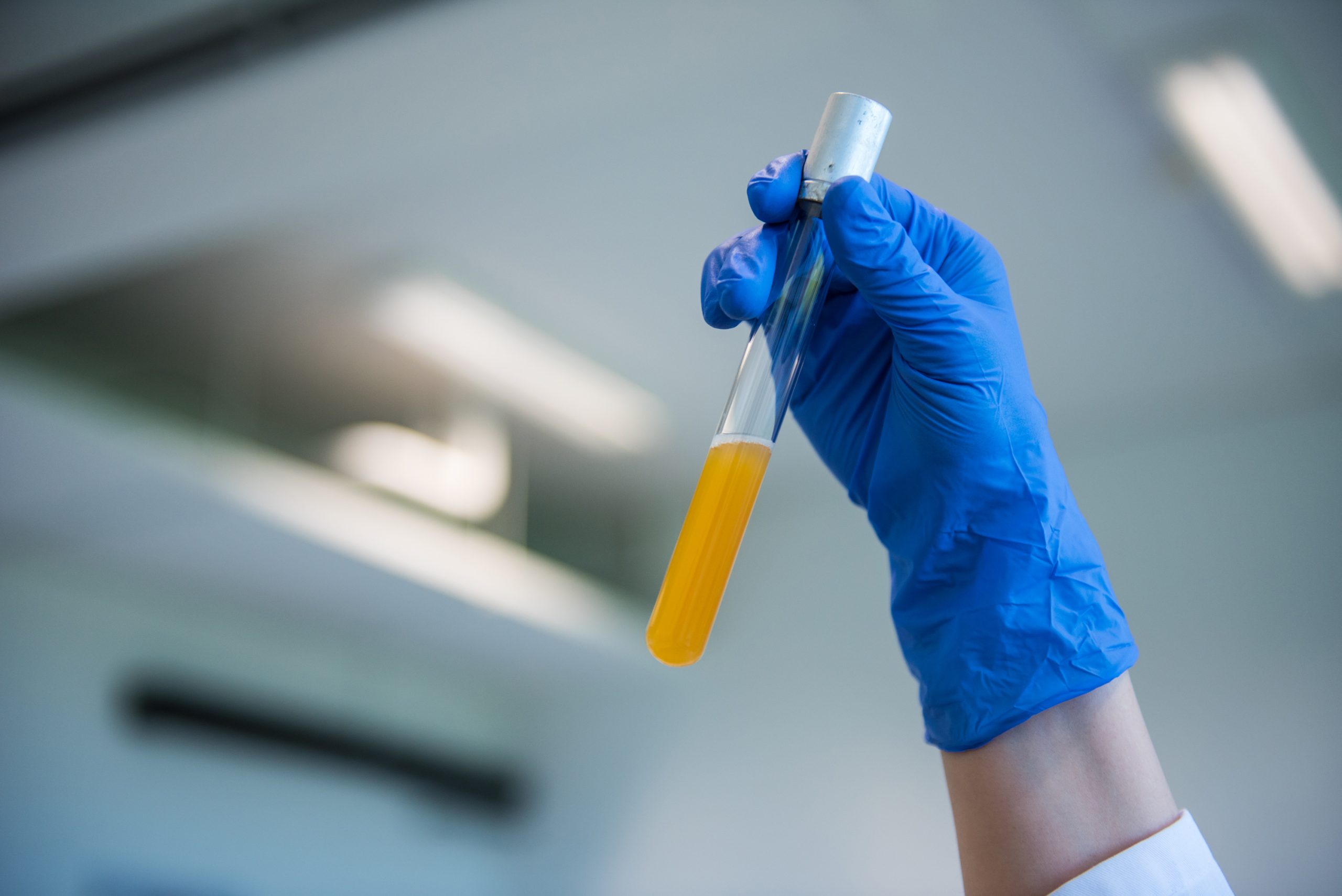
How do we know if a microbe is dead?
By Prof. Maria Marco PhD, University of California, Davis “Kills 99.9% of bacteria and viruses.” This percentage and others like… -
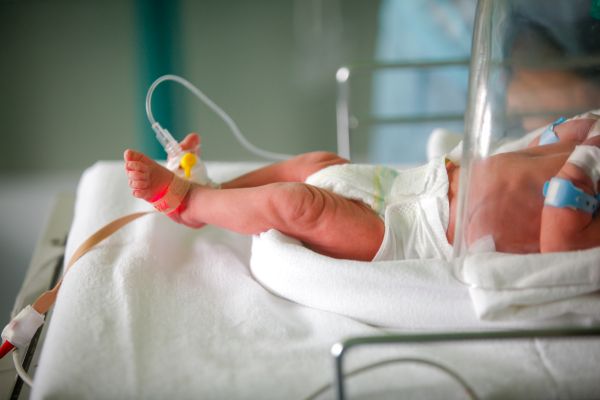
Probiotics for preterms: sharing complex decision-making
This Clinical Outlook was published by 2 panelists from a session held at the ISAPP 2024 annual meeting, discussing the topic of probiotic use in preterm infants. The authors note that clinical practice varies widely, with family perspectives often overlooked in decisions about whether to use probiotics in preterm infants. The authors discuss the current…